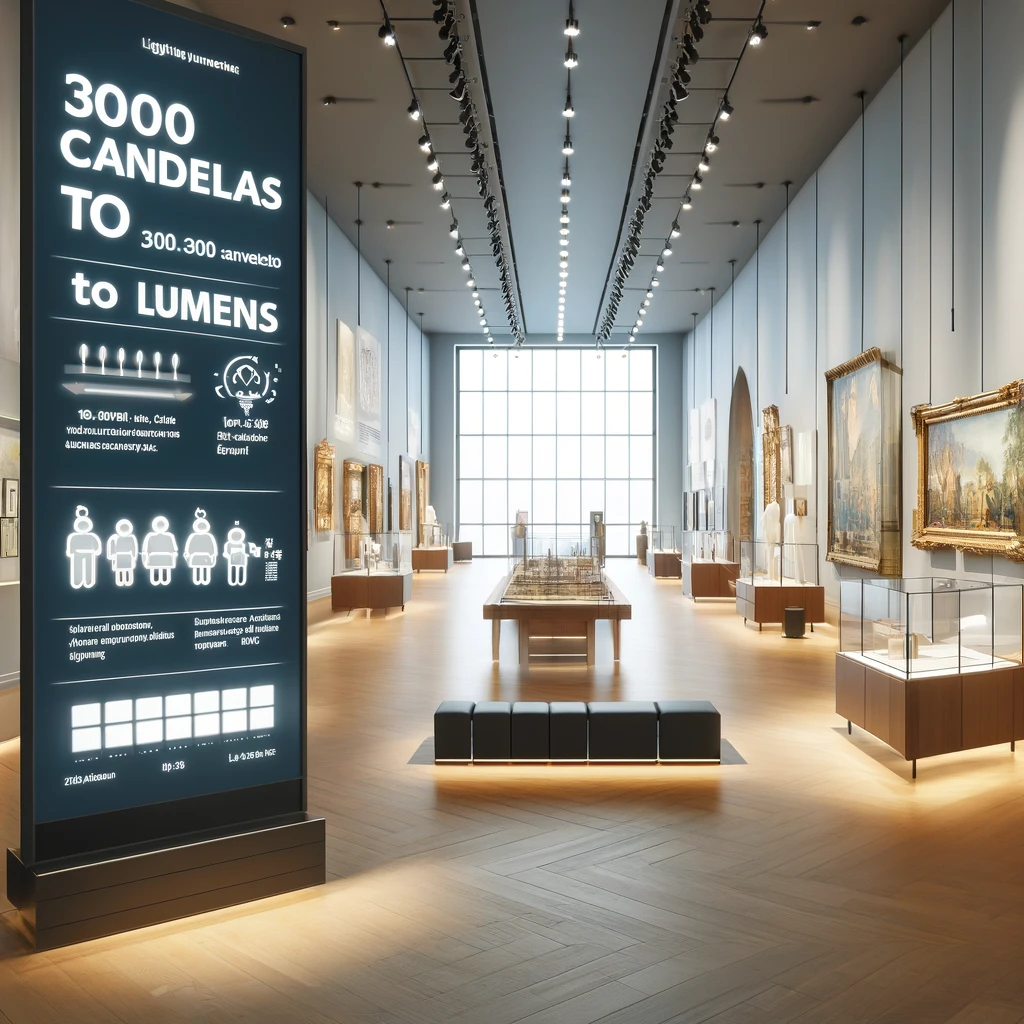Recent Posts
-
Installing Spotlights in Ceiling | Obals Expert Guide
Learn the expert steps and best practices for installing spotlights in your ceiling. Discover the benefits, tools needed, and tips for achieving a professional look.
06/21/2024
-
Warm White Versus Cool White | Expert Lighting Guide
Discover the differences between warm white and cool white lighting. Learn from industry experts about their applications, benefits, and how to choose the right color temperature for your space.
06/21/2024
-
Under Cabinet Lighting Kitchen | Expert Guide
Explore the benefits and best practices for installing under cabinet lighting in your kitchen. Learn from industry experts about types, installation tips, and design ideas to optimize your kitchen lighting.
06/20/2024
-
Screwfix LED Downlights | Expert Lighting Guide
Discover the advantages and best practices for installing Screwfix LED downlights. Learn from industry experts about their features, benefits, and tips for optimizing your lighting setup.
06/20/2024
-
Modern Lighting Factory | Expert Insights
Explore the advancements and benefits of modern lighting factories. Learn from industry experts about the latest technologies, manufacturing processes, and design trends in the lighting industry.
06/19/2024
-
Ceiling Spotlights LED | Expert Lighting Guide
Discover the benefits and best practices for installing LED ceiling spotlights. Learn from industry experts about the types, advantages, and design tips for optimizing your LED spotlight setup.
06/18/2024
3000 Candelas to Lumens | Expert Lighting Conversion Guide
Converting 3000 Candelas to Lumens: An Expert Guide
In the field of lighting, understanding different units of measurement is crucial for accurate design and implementation. Two important units are candelas and lumens. This guide will explain how to convert 3000 candelas to lumens, providing insights into their relationship and applications in lighting design.
Understanding Candelas and Lumens
Before diving into the conversion process, it's essential to understand what candelas and lumens measure:
Candelas (cd): This unit measures luminous intensity, which is the amount of light emitted in a particular direction. It indicates how bright a light source appears from a specific angle.
Lumens (lm): This unit measures luminous flux, representing the total amount of visible light emitted by a source in all directions. It gives a comprehensive idea of the light output.
The Relationship Between Candelas and Lumens
The relationship between candelas and lumens involves the beam angle of the light source. The conversion depends on how widely or narrowly the light is distributed:
Lumens = Candelas × 2π × (1 - cos(θ/2))
Where θ is the beam angle in degrees. This formula calculates the total light output (lumens) based on the luminous intensity (candelas) and the spread of the light beam.
Converting 3000 Candelas to Lumens
To convert 3000 candelas to lumens, you need to know the beam angle. Here are examples for different beam angles:
Narrow Beam (15°): Using the formula, we calculate:
θ = 15° cos(θ/2) = cos(7.5°) ≈ 0.9914 Lumens = 3000 cd × 2π × (1 - 0.9914) ≈ 3000 × 2π × 0.0086 ≈ 162 lumens
Medium Beam (30°): Using the formula, we calculate:
θ = 30° cos(θ/2) = cos(15°) ≈ 0.9659 Lumens = 3000 cd × 2π × (1 - 0.9659) ≈ 3000 × 2π × 0.0341 ≈ 644 lumens
Wide Beam (60°): Using the formula, we calculate:
θ = 60° cos(θ/2) = cos(30°) ≈ 0.8660 Lumens = 3000 cd × 2π × (1 - 0.8660) ≈ 3000 × 2π × 0.134 ≈ 2532 lumens
Applications in Lighting Design
Understanding the conversion between candelas and lumens is essential for several reasons:
Fixture Selection: Helps in choosing the right lighting fixtures based on the desired intensity and coverage.
Lighting Layouts: Assists in designing lighting plans that provide adequate illumination for different areas.
Energy Efficiency: Ensures the use of efficient lighting solutions that meet both intensity and energy consumption requirements.
Conclusion: Bridging the Gap Between Candelas and Lumens
Converting 3000 candelas to lumens involves understanding the beam angle and applying the appropriate formula. This knowledge is invaluable for lighting professionals who aim to design effective and efficient lighting systems. By mastering these conversions, you can ensure that your lighting solutions meet the specific needs of any project.

